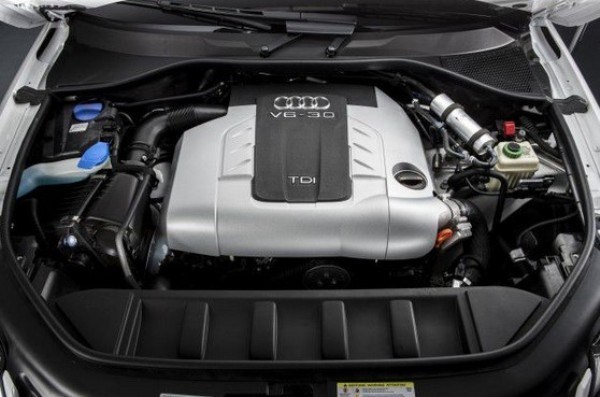

In our previous article Buy used cars: Check these out before making the decision, we have pointed out three things used car customers should be heedful of, which is the origins of the vehicle, inspecting the body, and also checking the interior. Today, let’s discuss more details of the car’s parts which we should pay attention to before jumping to the purchase decision.

It is crucial to know how to check an used vehicle before you buy it
1. The door
It is important to determine whether the door is fitted, and any details are exposed or warped. If a vehicle has been hit, the above signs may appear, more or less.
2. Engine block
If the engine gasket is worn out, the engine oil will leak out. If there is no leakage in the engine block, there may be a situation that the previous driver uses highly dense engine oil, such as 20W-40 or 30W-50. This type of highly dense oil prevents the emission of black smoke in cars with leaking bearing seal. In fact, it is recommended to use the lubricant as required by the manufacturer.
3. Cooling system
The cooling system for the car is quite important. Consumers should check this system if it is intact. For many old cars, there is high chance that its pipes are leaking. If the problem is minor, it can be self-frozen if you use the special concentrated coolant, otherwise, the lack of coolant will heat up the machine.

Consumers should check the cooling system if it is intact
4. Tires
Car buyers need to drive the car in addition to general visual observation. The noise from the tire will be louder if the tire is worn out. The noise often comes from the rear wheels. For 4WD vehicles, the two front wheels will have heavier wear due to active braking.
The noise from the tire will be louder if the tire is worn out
5. Air Conditioner
Check whether the AC fan works or not. If it does not work, the air conditioning system could still cool the car down but with weaker intensity.

Checking whether the AC fan works or not is important
6. Engine mount
The cost of replacing the engine mount will be astronomically expensive if the unit is broken. There are totally four mounts made of rubber. To inspect this part, open the hood, shift to gear 1 and press on the accelerator pedal. If the machine tugged forward or backward, then this is the time to replace. The rubber mounts are also quite easy to spot with your own eyes. Almost all old cars encounter this issue.
7. Brakes
Take a test drive and see if the brakes squeak or not. If this happens, the brake pads are worn out, or there is sand inside. The solution is to replace both brake pad and brake disc.

Remember to take a test drive and see if the brakes squeak or not
8. Clutch
For manual cars, the way to identify if the clutch is worn out is to release the brake pedal completely, change gear to number 2, press on the gas pedal and release the clutch slowly. If you press the gas pedal forcefully but the car fails to move, then you need to change the clutch immediately. Another way is to turn off the car and press the clutch pedal. If there is noise, the clutch has worn out.

If you press the gas pedal forcefully but the car fails to move, then you need to change the clutch immediately
In addition to the 8 parts to examine, you should not focus too much on whether the car is original or not, because old cars need to be repaired and parts need to be replaced periodically. For example, the manual car’s clutch needs to be replaced every ten thousand kilometers (depending on the specific vehicle), or the drive belt needs to be changed every 90 thousand kilometers. For an automatic transmission, it is necessary to change the transmission oil and engine oil after replacing the drive belt every 90-100 thousand kilometers.

